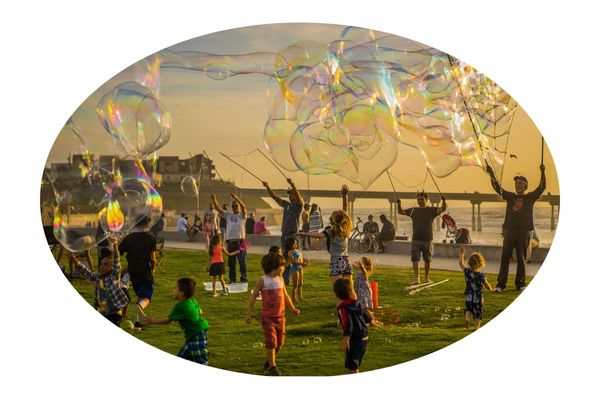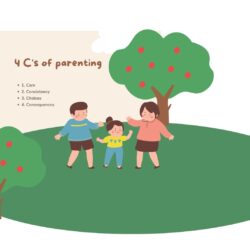In a world that often emphasizes academics and achievement, playtime can sometimes feel secondary. But for young children, play is not a frivolous activity – it’s essential for their development. Playgroups, where children gather with peers in a structured or unstructured setting, can be a fantastic way to nurture this vital aspect of your child’s growth.
Building Strong Social Skills

One of the most significant benefits of playgroups is the opportunity for children to develop strong social skills. Unlike interacting with siblings or adults, playgroups provide a space for children to navigate relationships with their peers. This can involve learning to share toys, take turns, negotiate, and resolve conflicts – all crucial skills for future success in school and life.
Playgroups also expose children to different personalities and communication styles. Through observation and interaction, they learn how to build friendships, express themselves effectively, and navigate group dynamics. This can be especially helpful for shy children who may find social interaction challenging.
Emotional Intelligence Boost
Beyond social skills, playgroups can significantly impact a child’s emotional intelligence. As children play together, they experience various emotions, from joy and excitement to frustration and disappointment. Playgroups provide a safe space for them to explore these emotions, learn to regulate them, and develop empathy for others.
For instance, a child who struggles with sharing might learn to manage their frustration by observing how others handle similar situations. They might also develop empathy for a friend who is feeling sad by offering a hug or a comforting word.
Learning Through Play
Kids Playgroups aren’t just about social interaction; they’re also a fantastic platform for learning. Through structured activities or free play, children are exposed to new concepts, develop cognitive skills, and practice problem-solving.
Many playgroups incorporate singing, storytelling, arts and crafts, or even simple games with numbers and letters. These activities not only keep children engaged but also help them develop memory, language skills, fine motor skills, and creativity.
Benefits for Parents and Caregivers

Playgroups aren’t just beneficial for children; they offer significant advantages for parents and caregivers as well. They provide a much-needed support system, allowing parents to connect with others navigating similar challenges and joys of raising young children.
Sharing experiences, exchanging advice, and simply having someone understand the unique demands of parenthood can be incredibly valuable. Moreover, playgroups can help combat feelings of isolation, especially for stay-at-home parents or those new to the community.
Finding the Right Fit
While kids playgroups offer numerous benefits, it’s important to find the right fit for your child. Consider your child’s age, personality, and interests. Some playgroups are structured with specific activities, while others offer free play environments.
Think about the size of the group and whether it’s parent-run or led by a facilitator. Visiting a few different playgroups before committing can help you find one that feels comfortable and welcoming for you and your child.
Making the Most of Playgroup
Once you’ve found the perfect kids playgroup, there are ways to maximize the experience for your child.
- Prepare your child: Talk to your child about what to expect at playgroup. Explain that they will meet new friends and play with different toys.
- Engage with your child: Actively participate in playgroup activities with your child. This shows your child the importance of playtime and helps them feel comfortable in the environment.
- Be patient: It may take some time for your child to adjust to a new environment. Be patient and supportive, allowing them to explore and interact at their own pace.
- Follow up at home: After playgroup, talk to your child about their experience. Ask them about the activities they enjoyed and the friends they made.
Final Words
Kids Playgroups offer many benefits for young children, fostering social skills, emotional intelligence, and cognitive development. They also provide valuable support and connections for parents and caregivers. While playgroups aren’t a requirement, they can be a fantastic way to enrich your child’s life and provide a springboard for happy, healthy development.





